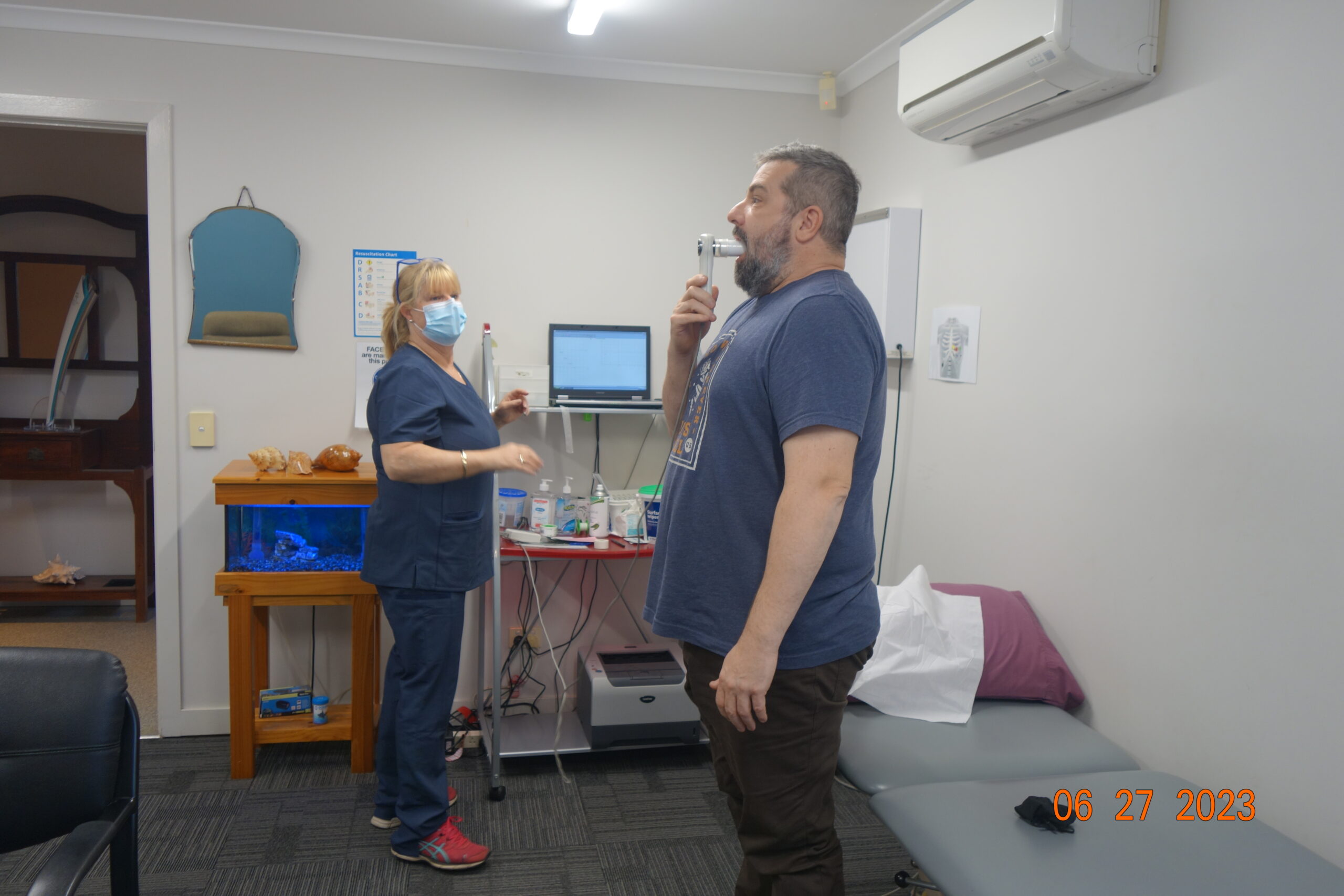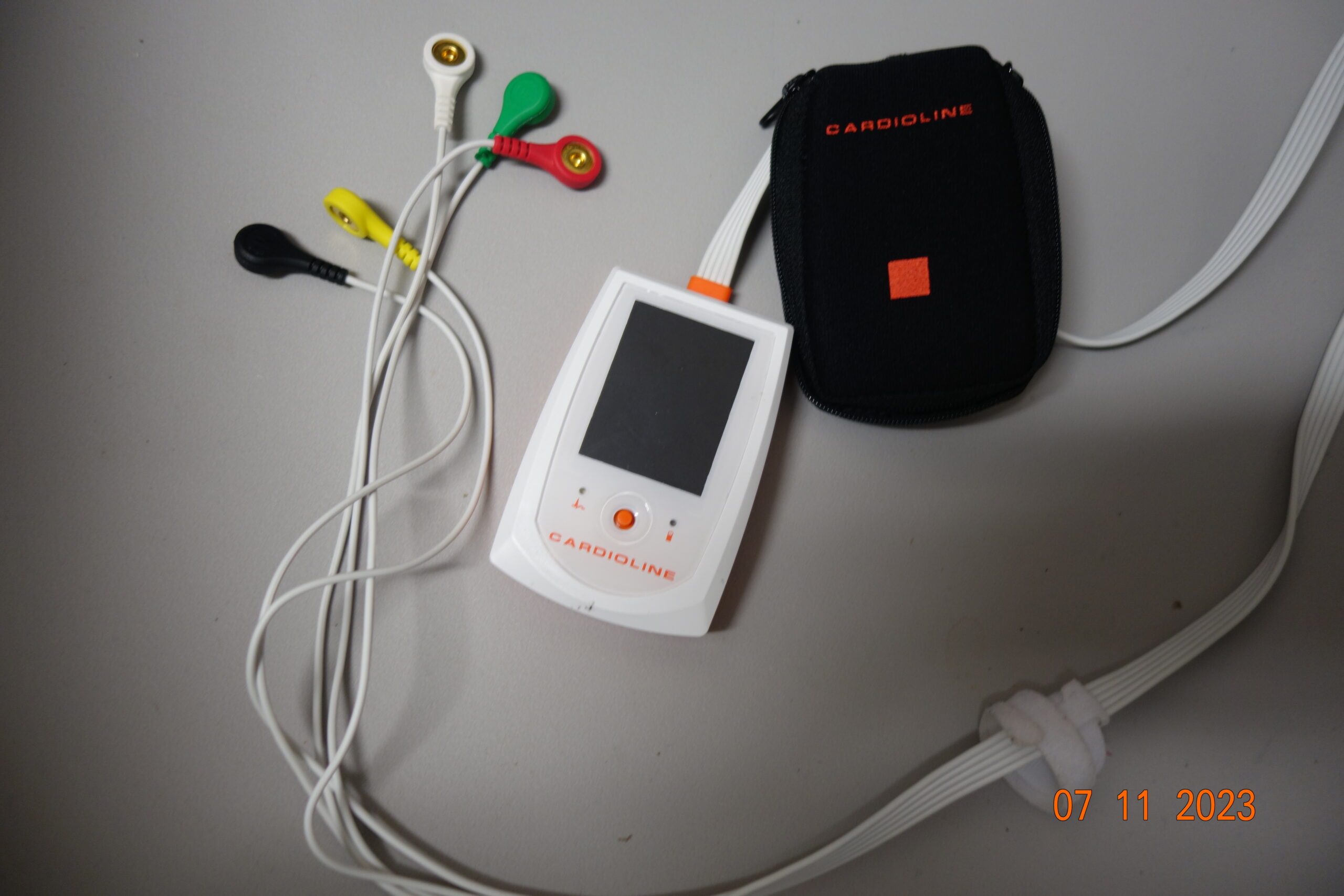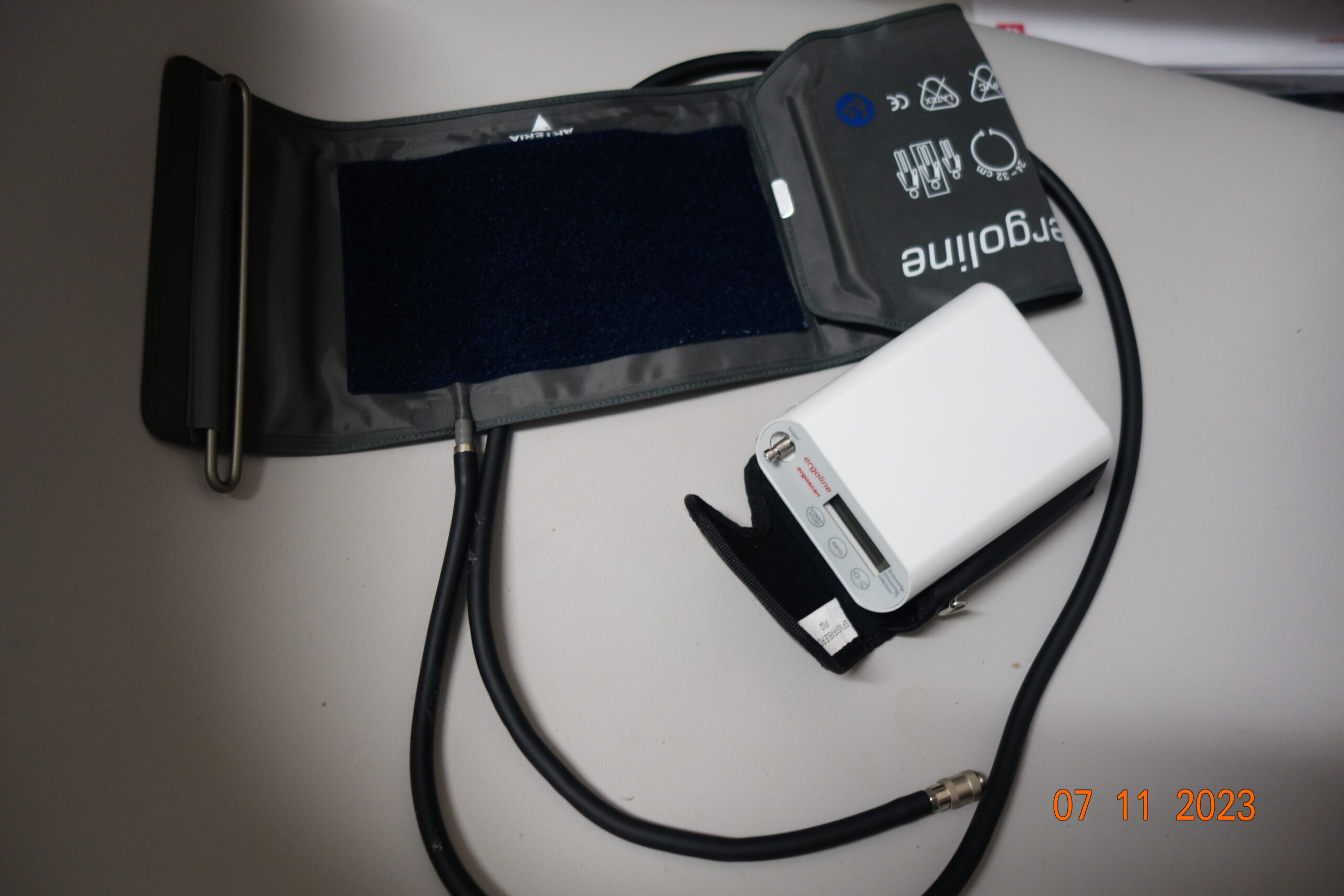Stress ECG/ECHO
Stress ECG is performed for a variety fo reasons eg. chest pain, breathlessness etc. Stress echo has surpassed stress ECG to a large extent as there is imaging of the heart as well as ECG monitoring. Various images are taken at the peak of exercise. Please note that stress echo does not negate the need for a resting echo to check for significant valvular problems, congenital heart disease etc.
Stress echo has the same sensitivity and specificity as nuclear medicine myocardial perfusion scanning (Sestamibi, Thallium, Myoview) and takes only 1 hour whereas nuclear cardiac stress tests can take up to 3 hours and are much more expensive. A stress echo requires no injections. This test can be performed in patients who have had coronary intervention (bypass, stents) to see how their graft or stent function is progressing.
Most referrals are performed because of chest pain or breathlessness with exertion or to check for coronary artery disease prior to major surgical procedures. We would be happy to discuss specific details about stress echo. There are few contraindication to stress echo.
Certain patients who cannot exercise to any degree such as arthritis of the hips, knees etc will require nuclear medicine scanning, CT Scanning or angiography.


